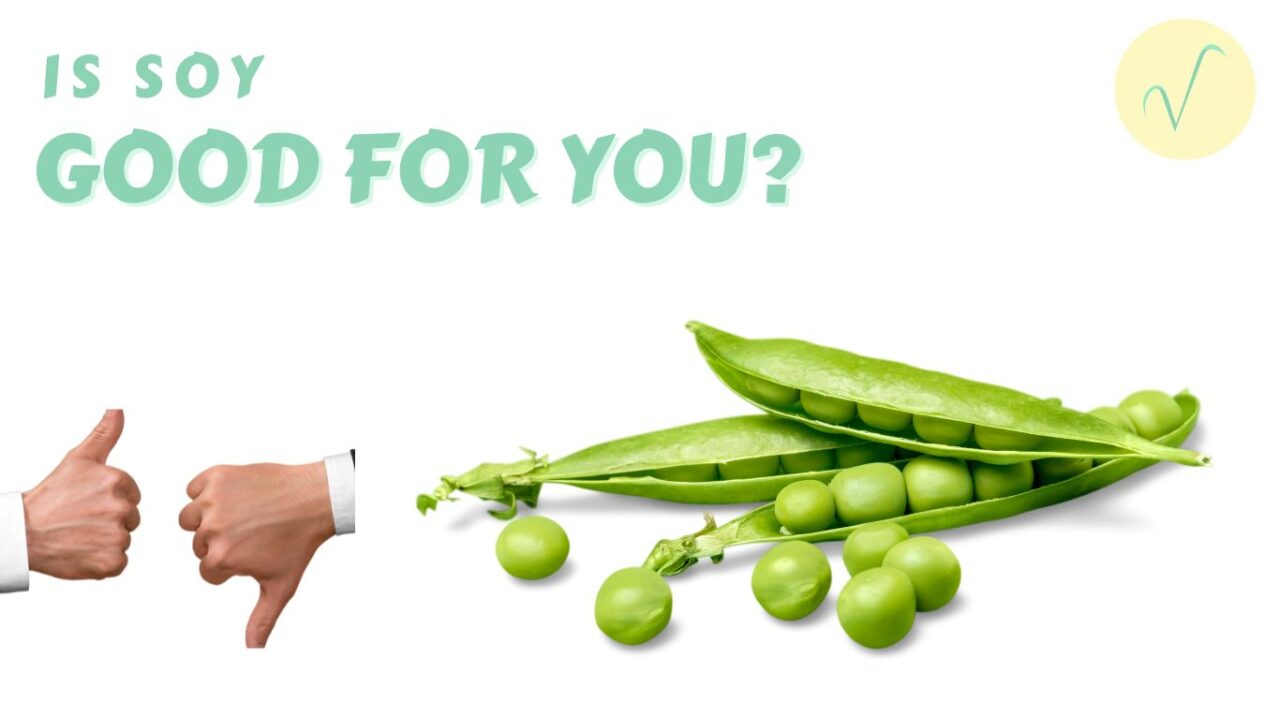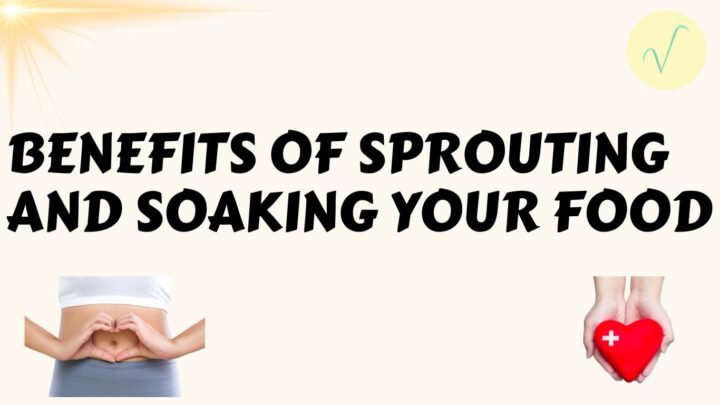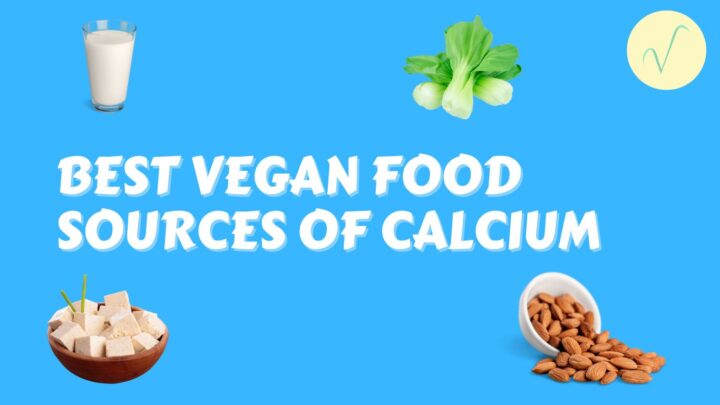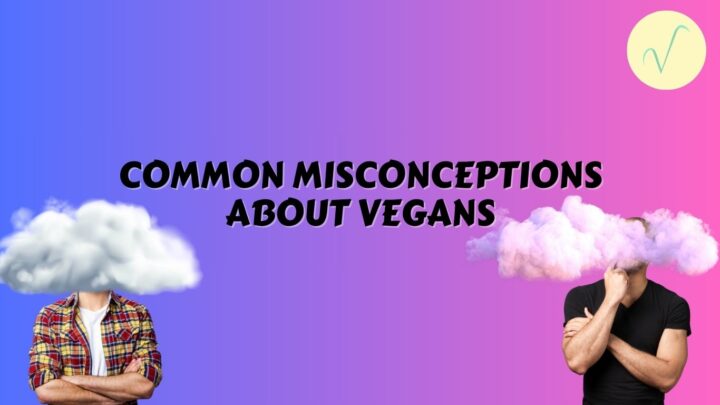With a vegan diet, for the most part, comes a few meat substitutes here and there that may contain soy.
Not to mention miso, soy sauce, tofu, tempeh and soy milk, to name a few soy-based products much more likely to be on the average vegan’s shopping list.
There’s been a lot of back and forth on whether soy is good or bad for you, with some claiming it has estrogen-like compounds, and how it’s a genetically modified legume, for the most part.
Let’s go through some of the main concerns people may face when upping their soy intake.
Soybeans are an unnatural, GMO creation
When comparing GMO soy to wild crafted soy, similar results were found in terms of allergenic potential, organic soybeans however, were found to have less saturated fat than conventional and genetically modified soy.
When it comes to the pesticides used in conventional soy production, these tend to be the biggest worrying factor, considering that conventional soy is used in so many vegan products.

You could also argue that if you were to eat conventional fruits and veggies regularly you’d be consuming pesticides regardless.
If it’s something that bothers you, the good thing is that you can always buy organic soy beans, tofu and other soya based products.
Soybeans provide estrogen and results in “soy boys”
This is a myth that has long since been busted by studies. Research shows that the estrogen in soy is plant-based, phytoestrogens to be exact, with the “feminizing effect” being subtle, if detected at all, in statistics across larger demographics.
The same study concluded that soy-based estrogen can be effective post-menopause.
Another study conducted among men specifically, monitoring the effect of soy protein or isoflavone on men’s T-levels, concluded that soy doesn’t affect the testosterone levels in men.

For the mandem, no need to worry about testosterone as a vegan, considering there’s evidence that vegan man have more testosterone than both vegetarians and omnivores.
One study however, which was an interventional study, reported hormonal effects of soy-based foods in men.
Soy may cause breast cancer
The isoflavones, or plant estrogens in soy are assumed to increase breast cancer risk. In reality, food sources of soy don’t have high enough isoflavones to do so. Studies have also confirmed that dietary supplements or foods containing soy do not affect breast cancer risk.
In terms of dietary estrogen, one non-vegan source, which is dairy from bovine animals, was actually linked to a 58% risk of breast cancer.

Can soy isoflavones cause weight gain?
In studies, soy seemed to reduce BMI in women. With lowered waist circumference in older ages and a significant effect of lowered BMI in caucasians. In contrast, a weight increasing effect was observed in obese participants.

What are the negative effects of soy?
Negative side effects of soy may include bloating, constipation and nausea, and as covered earlier, may effect mood and have hormonal effects in men.
Other studies also highlight toxic effects including carcinogenic, hormonal disturbance and organotoxicity, which have been overlooked considering the health effects of soy.
Personally, I’d recommend limiting soy consumption as a balanced diet’s never hurt anyone. As a new vegan, take advantage of all legumes if possible, like lentils, blackbeans, chickpeas, and see what works best for you.
A healthy vegan diet wouldn’t only be tofu and salad, mix it up a little! Despite the bad press soy has, it’s here to stay; It’s also important to say, everything in moderation when it comes to GMO foods in general, and fake meats, try to consume organic tempeh if possible, it’s better for digestion.
If you enjoyed this post, feel free to drop a comment below, or send this to a friend to start up a soy-based convo. Thanks for stopping by!




